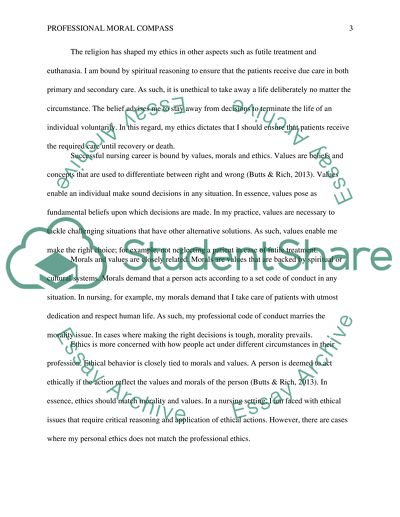Cite this document
(“Personal cultures Essay Example | Topics and Well Written Essays - 1500 words”, n.d.)
Personal cultures Essay Example | Topics and Well Written Essays - 1500 words. Retrieved from https://studentshare.org/nursing/1686962-personal-cultures
Personal cultures Essay Example | Topics and Well Written Essays - 1500 words. Retrieved from https://studentshare.org/nursing/1686962-personal-cultures
(Personal Cultures Essay Example | Topics and Well Written Essays - 1500 Words)
Personal Cultures Essay Example | Topics and Well Written Essays - 1500 Words. https://studentshare.org/nursing/1686962-personal-cultures.
Personal Cultures Essay Example | Topics and Well Written Essays - 1500 Words. https://studentshare.org/nursing/1686962-personal-cultures.
“Personal Cultures Essay Example | Topics and Well Written Essays - 1500 Words”, n.d. https://studentshare.org/nursing/1686962-personal-cultures.


